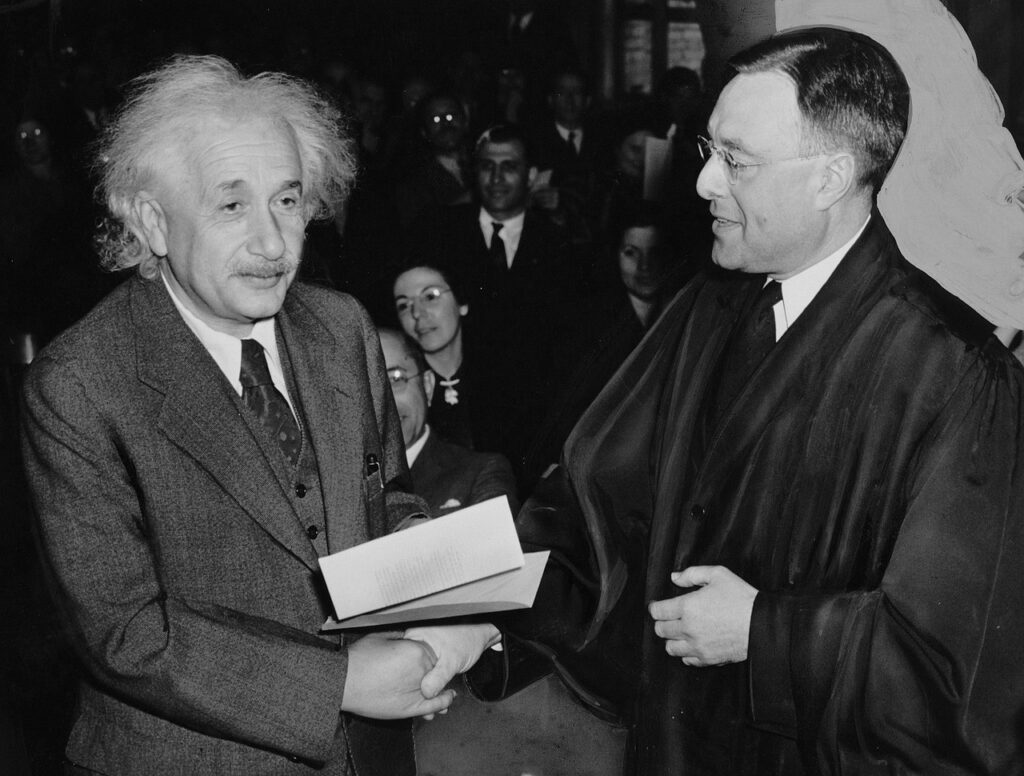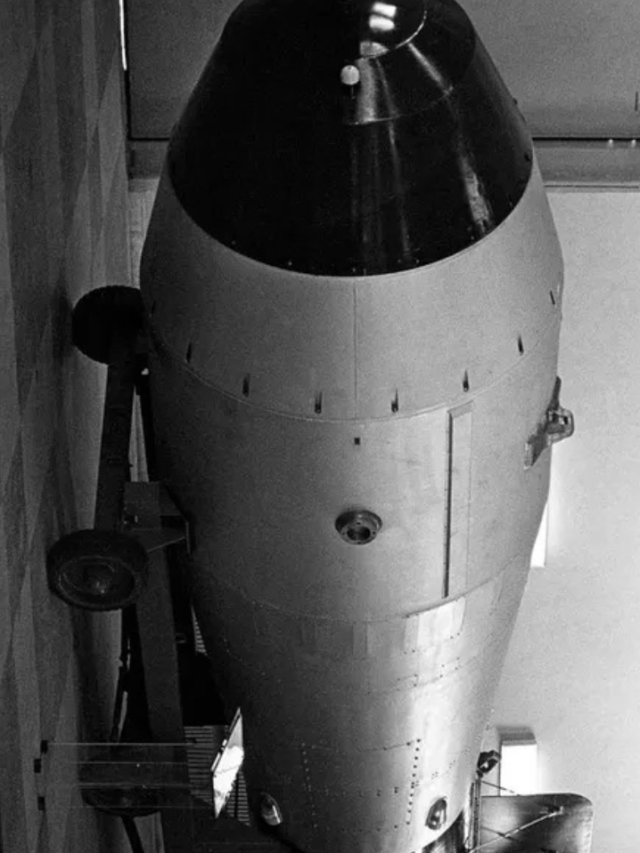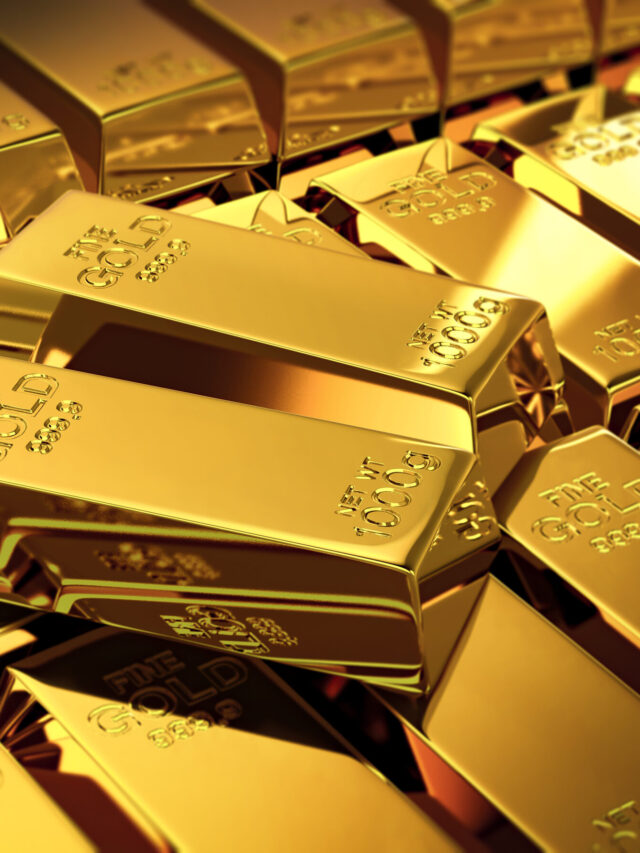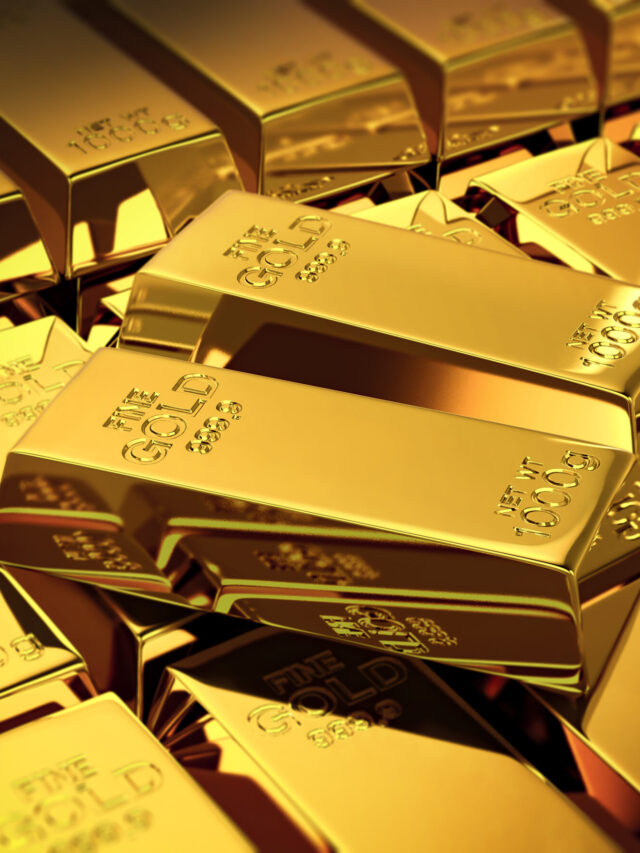On March 14, 1879, Albert Einstein was born in Ulm, in the Kingdom of Württemberg, then a part of the German Empire. He was the first child of Pauline Koch and Hermann Einstein, an engineer and salesman, and his family was of Jewish heritage. When Einstein was still a baby, the family relocated to Munich, where his father and uncle established a business producing electrical equipment. As a child, Albert was reserved and introspective, frequently referred to as a “late talker,” which caused his family to be concerned about his growth.

Despite his reserved demeanour,Albert Einstein showed an early interest in mathematics and science. When his father showed him a compass, he became interested in these disciplines because he wanted to know what invisible forces were responsible for the needle’s movement. He received his early education in a strict German system, where he did well in science and arithmetic but found the regimented setting difficult to handle. During these early years, Einstein’s curiosity about the nature of space, time, and the world around him began to grow. This fascination would eventually transform physics and our knowledge of the cosmos.
1. The Early Spark: From a Curious Kid to a Rebel Scientist
Young Albert Einstein, who was born in Ulm, Germany, in 1879, wasn’t the clear-cut genius that many people would think he was. On the contrary, he had a rebellious bent that occasionally ran afoul of the traditional German educational system and didn’t talk until he was around four years old. However, Einstein’s curiosity could not be quenched. Because of his passion with light and magnetism, he set out to disrupt the established quo and ultimately upend the field of physics.
2. The Miracle Year: Relativity, E=mc², and the Start of a Legacy
Albert Einstein released four groundbreaking articles in 1905, each of which is considered a pillar of physics. His “Annus Mirabilis” or Miracle Year is this year. The famous equation E=mc2, which demonstrated the amazing connection between mass and energy, was first presented by his unique theory of relativity. By demonstrating the novel theory that time and space are interrelated, this work ignited thoughts that would permanently alter physics and give rise to our current knowledge of the universe.
3. Challenging Gravity: General Relativity and the Fabric of Space-Time
Special relativity was only one aspect of Albert Einstein’s work. He created the general theory of relativity, a daring reimagining of gravity, ten years later, in 1915. He demonstrated how space-time might be bent like a bowling ball on a trampoline by enormous objects like planets and stars. Modern findings, such as the 2015 discovery of gravity waves and the bending of light around stars, have validated this hypothesis, which revolutionized how scientists perceive the cosmos.
4. More Than a Scientist: Einstein the Humanitarian and Philosopher
In addition to having a sharp mind,Albert Einstein was a philosopher, social activist, and supporter of peace. After seeing the destruction of World War II, he spoke out against war and nuclear weapons and supported civil rights, among other social causes. In his letters, essays, and speeches, Einstein expresses a strong concern for the morality of science and frequently asserts that “imagination is more important than knowledge.”
5. Einstein’s Legacy Today: A Universe of Possibilities
From the way GPS systems adjust for relativity to the search for black holes and the detection of gravitational waves, Albert Einstein’s theories have had a significant impact on science ever since. Quantum mechanics, string theory, and innumerable more breakthroughs that challenge human comprehension were made possible by his work.
READ MORE: THEORY OF REALTIVITY
Impact on Science Field

- the cosmos. His special and general theories of relativity brought about ground-breaking concepts in gravity, time, and space. The famous equation E=mc 2 was derived from the special theory of relativity, which was published in 1905 and postulated that time and space are related and relative to the observer’s frame of reference. This discovery radically changed our understanding of time and energy in addition to laying the foundation for nuclear physics.
- These concepts were expanded upon by general relativity, which was published in 1915 and explained how enormous objects, such as planets and stars, bend space-time, which is what humans perceive as gravity. Newton’s classical explanation of gravity was superseded by this framework, which has subsequently been validated by a number of observations and experiments, such as the 2015 finding of gravitational waves and the bending of starlight close to big objects.
- Albert Einstein’s contributions to statistical mechanics, thermodynamics, and quantum mechanics went beyond that; they had an impact on everything from atomic theory to contemporary GPS technology. Generations of scientists have been motivated to investigate and confront the unknown by his work, which cleared the path for breakthroughs in disciplines like particle physics, quantum computing, and cosmology. Einstein’s impact is among the most significant in scientific history since his theories continue to influence study on topics ranging from time travel and quantum entanglement to black holes and dark matter.
Major Role in Making of Atomic Bomb
- Although it was indirect, Albert Einstein played a crucial part in the creation of the atomic bomb. He had no direct involvement in the actual creation of the bomb or the Manhattan Project. However, Einstein established the theoretical basis for nuclear energy and, eventually, atomic weapons with his well-known equation, E=mc2, which showed that a small amount of mass could be transformed into a big amount of energy.
- In 1939,Albert Einstein and physicist Leo Szilard signed a letter to U.S. President Franklin D. Roosevelt about Nazi Germany’s alleged nuclear fission research. This letter urged the United States to begin its own research and warned that Germany might be working on atomic weapons.
- In response, Roosevelt formed the Advisory Committee on Uranium, which subsequently developed into the Manhattan Project, the initiative that eventually resulted in the dropping of the atomic bombs on Hiroshima and Nagasaki. Although his political and pacifist views prevented him from being involved in the research or construction,In 1939,Albert Einstein and physicist Leo Szilard signed a letter to U.S. President Franklin D. Roosevelt about Nazi Germany’s alleged nuclear fission research. This letter urged the United States to begin its own research and warned that Germany might be working on atomic weapons.
- Einstein’s scientific theories and letter indirectly aided in the development of the weapon, leaving a complicated legacy that he later deeply regretted. In his later years, he frequently spoke out against nuclear proliferation.
Conclusion: The Timelessness of Einstein’s Genius
Beyond his theories, In 1939,Albert Einstein and physicist Leo Szilard signed a letter to U.S. President Franklin D. Roosevelt about Nazi Germany’s alleged nuclear fission research. This letter urged the United States to begin its own research and warned that Germany might be working on atomic weapons.
Einstein had a profound influence on how we view the cosmos and our place in it because of his unwavering curiosity and vision. His influence endures in all physics-related fields, encouraging future generations to probe more, think more broadly, and never stop asking questions. Albert Einstein altered our understanding of reality itself in addition to changing science. And his thoughts and words still serve as a reminder that science is about accepting the unknown as much as it is about comprehending the cosmos.











Pingback: What is Dimension? | 4D And 5D Exist? | 2024 - ScienceSpark